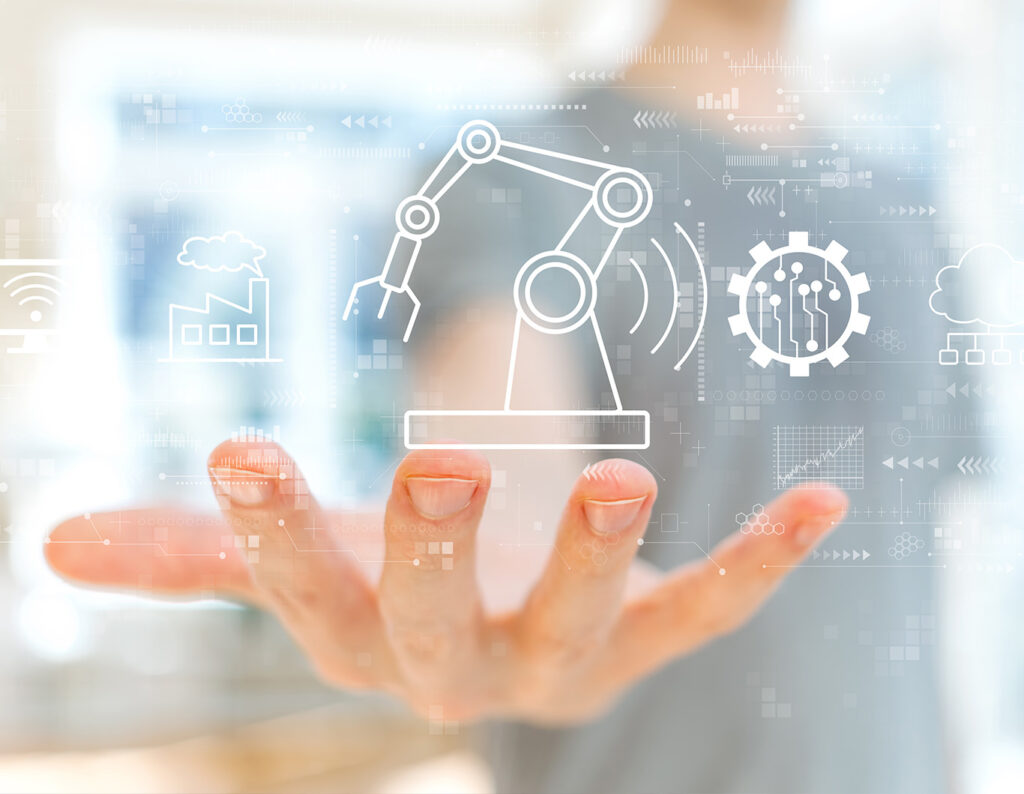The job market has undergone significant changes in recent years, driven by advancements in technology. As organizations look for more efficient and accurate ways to identify top talent, AI assessments and AI-powered HR systems have emerged as crucial tools in modern hiring strategies.
AI assessments use machine learning and data analytics to evaluate candidates in a more comprehensive manner. So, many companies have leveraged AI tools to analyze soft skills, personality traits, and cognitive abilities, among others. These assessments use various techniques, from gamified tests to psychometric evaluations, to gauge whether a candidate is a good fit for the role you are recruiting for.
Incorporating AI into hiring is more than just about automation; it’s about improving efficiency, fairness, and decision-making. AI tools allow recruiters to sift through large pools of applicants while ensuring that each candidate is assessed consistently and without bias.
In this blog post, we will discuss why AI assessments should be incorporated into your HR systems. We will also discuss how using AI in your HR software affects a candidate’s job hiring experience.
The Key Benefits of AI in Hiring
1. Efficiency and Speed
AI can be used to automate tasks like candidate screening and resume sorting. These advanced tools use machine learning algorithms to analyze keywords, qualifications, and other relevant data points from resumes, automatically filtering out unqualified candidates based on predefined criteria such as experience, education, or skill sets.
Moreover, AI can identify patterns in candidates’ applications that might be missed by human recruiters. It prioritizes applicants who match the job description, presenting the most suitable candidates for further evaluation.
2. Bias Reduction
3. Consistency

4. Data-Driven Insights
AI Assessments and Candidate Experience
- Not fully understanding how AI makes decisions.
- The use of biased data to train AI.
- AI makes things too impersonal.
- AI-driven processes don’t always give feedback.



